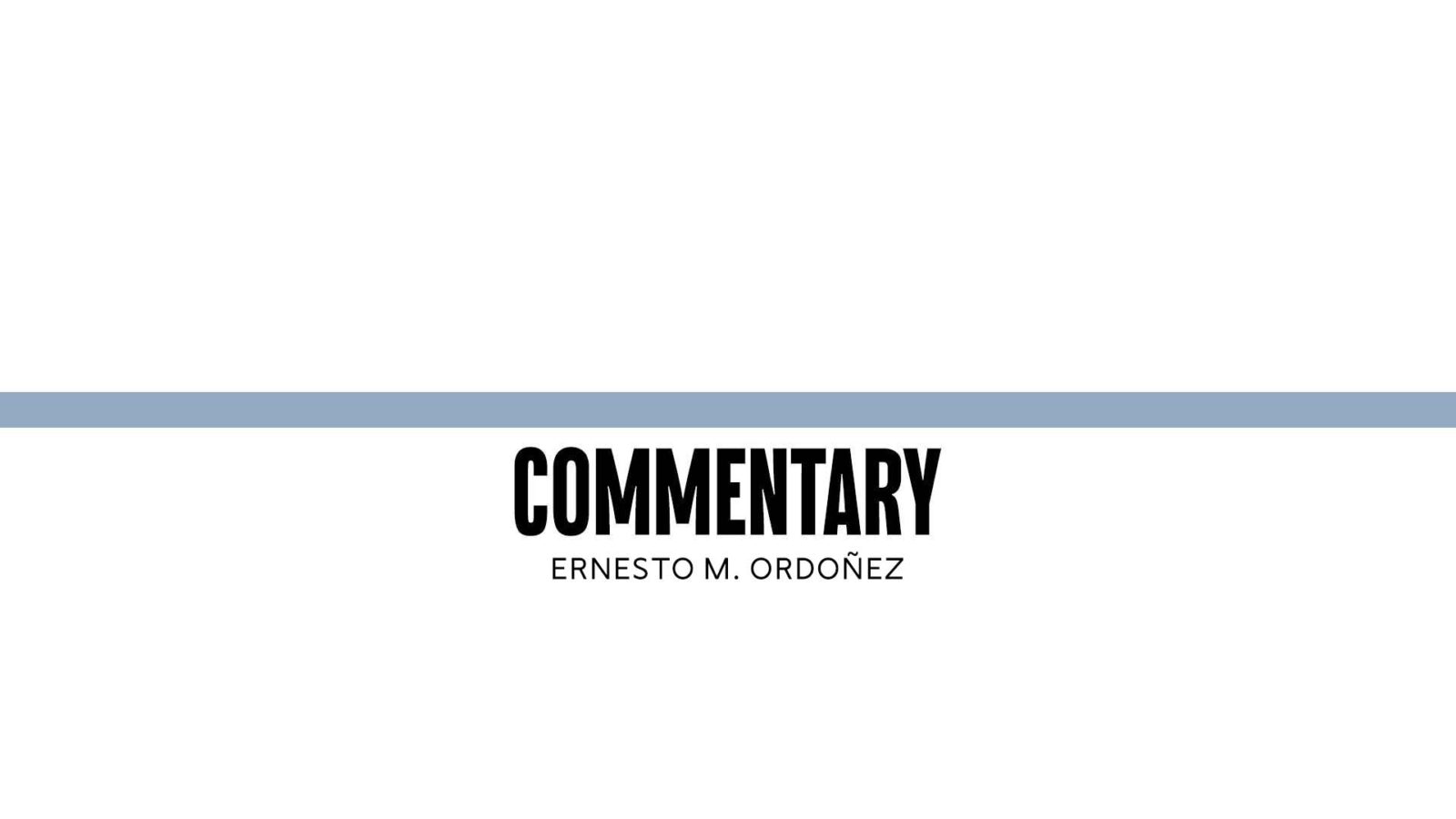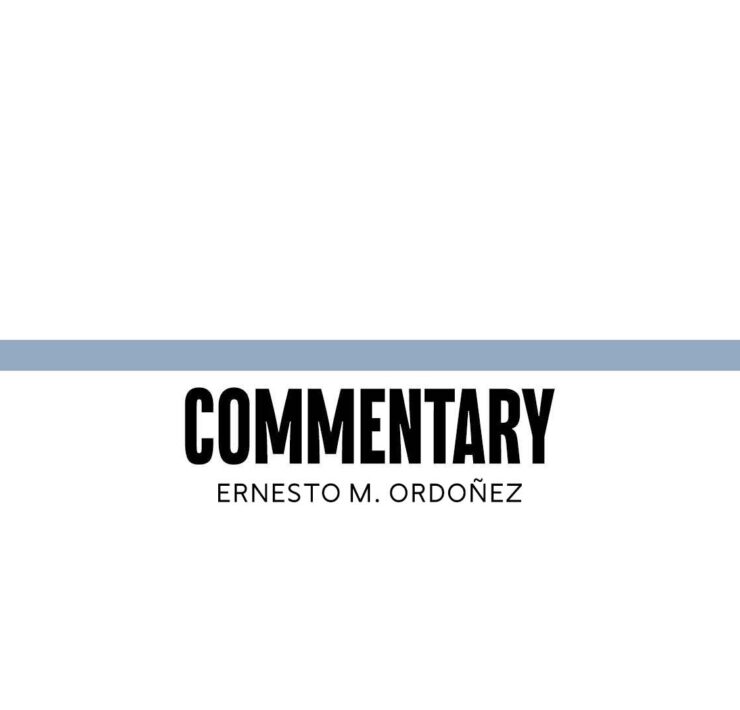Impunity, accountability and the Supreme Court

With the Senate’s Aug. 6 decision to archive the impeachment complaint against Vice President Sara Duterte, farmers and fisherfolk must now exercise strict vigilance on what the Supreme Court will do in the next few days.
This is because the only way to curb the impunity that has significantly harmed farmers and fisherfolk is through accountability. This was the strong position given by Arsenio Tanchuling, Alyansa Agrikultura (AA) president, right after the Aug. 6 Senate adjournment.
Tanchuling stated that the damage of impunity on farmers and fisherfolk has not been sufficiently recognized. In addition, their voice is rarely heard. They number seven million households, and constitute our poorest sector with a 30 percent poverty rate.
This impunity has been exercised by both elected and appointed government officials, but hopefully, not by Supreme Court justices.
It is expected they will not demonstrate impunity in the next few days when they deliberate on the House of Representatives’ Motion for Reconsideration on the impeachment case.
Each Supreme Court justice must now not only be an advocate of accountability, but also be accountable for his or her decision on this critical impeachment issue.
Archiving versus dismissal
AA, founded in 2003 to support agriculture development with special emphasis on farmers and fisherfolk justice and welfare, steadfastly believes in due process. Therefore, all sides should be heard.
That is why the AA supported VP Duterte’s desire for a just trial so her position can be fairly explained.
Sen. Alan Peter Cayetano, with the support of Sen. Miguel Zubiri, should be credited for having overturned the dismissal motion by amending it into archiving.
This will keep open the continuation of the trial if the appropriate new information warrants it. Will the Supreme Court justices act with impunity, or instead properly consider the Motion for Reconsideration?
They should not rush this and instead follow proven processes like oral arguments and meticulously discover the complete truth.
Will they be wise and humble enough to change their previous decision if the new information warrants it? Of course, they should stay with the same position if there is no new important information to consider.
A media report accurately stated: “Archiving is not the same as dismissal. It preserves the complaint in official records, keeping alive the possibility of revival, consistent with prior impeachment cases.”
Expert opinions
Tanchuling cites references from legal experts who may provide information that may justify a reversal of the initial Supreme Court decision. This has happened before. If it occurs, this will trigger the start of the impeachment trial.
The position of the Philippine Constitution Association, signed by former Supreme Court Chief Justice Renato Puno, is that the Senate must “fulfill its constitutional duty and not delay the impeachment process based on contrived technicalities.”
Former SC Associate Justice Antonio Carpio argued that the classification of the final three complaints as dismissal is “without legal anchor.” The complaints were never referred to a committee, and “cannot be considered initiated and thus should not trigger the one-year bar rule.”
National Union of Peoples’ Lawyers president Ephraim Cruz added that the SC’s new due process requirements constitute “judicial overreach,” imposing additional burdens not found in prior practices.
Former legislator Barry Gutierrez stated that the SC has rewritten how impeachment is understood and implemented, steeping it in new procedural standards and evidentiary burdens.
The VP should be given the opportunity to give her side, which may be misunderstood today. This can best be done in a Senate trial if it is eventually held, which she previously said she favored.
Vigilance
Tanchuling wishes that the voice of farmers and fisherfolk should be heard on this important issue.
After all, they are among the most damaged sectors because of the current ongoing massive impunity in very many areas. He now asks for accountability from all sectors of government.
This includes the Supreme Court justices, each of whom is accountable, but assumed today to be acting in good faith.
Tanchuling’s call for vigilance, not only from farmers and fisherfolk, but from all our sectors, is a valid one.
At this critical juncture in our history, his call should be heeded.
The author is Agriwatch chair, former secretary of presidential flagship programs and projects, and former undersecretary of the Department of Agriculture and the Department of Trade and Industry. Contact is agriwatch_phil@yahoo.com.





















Mangroves matter